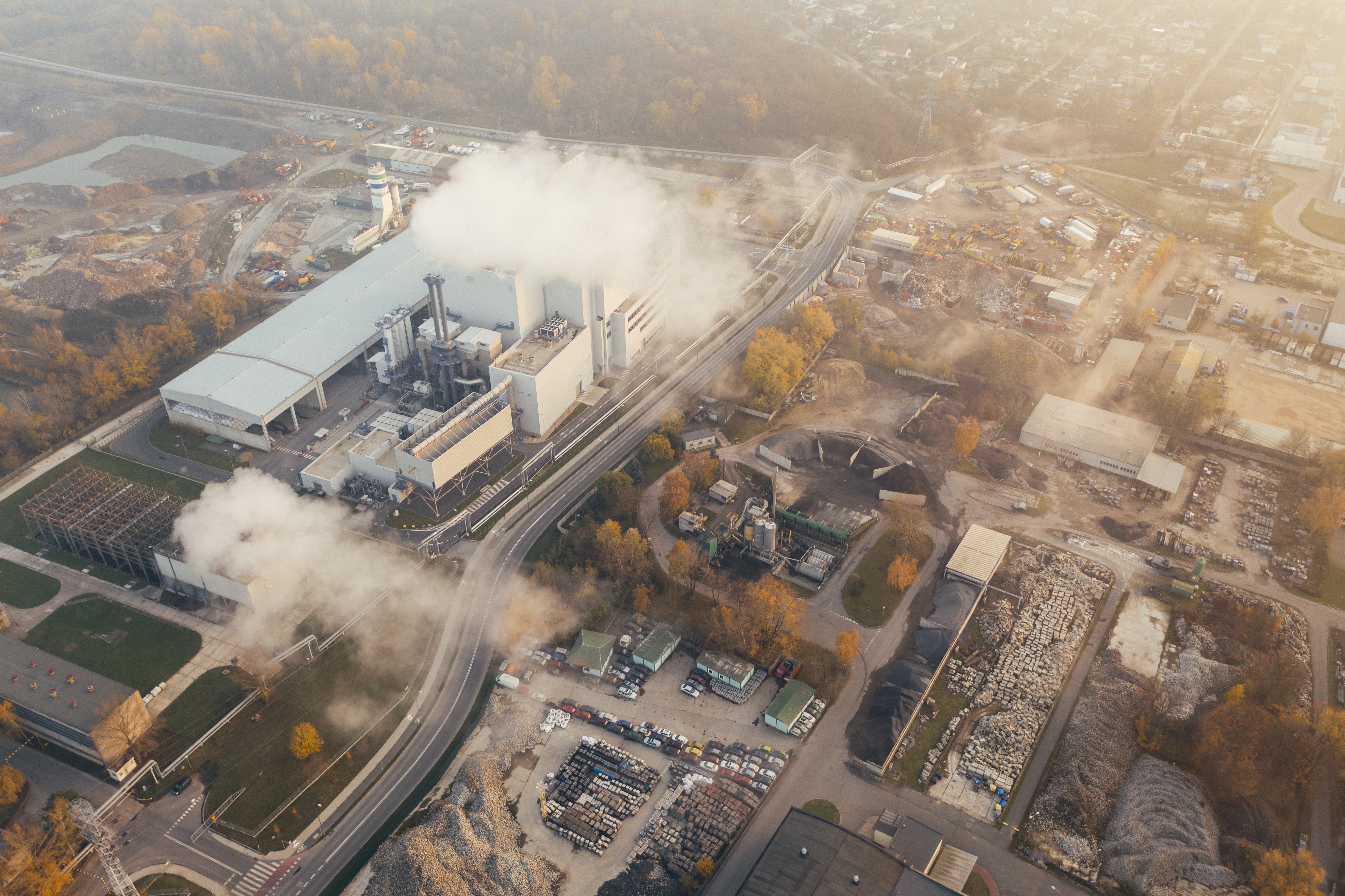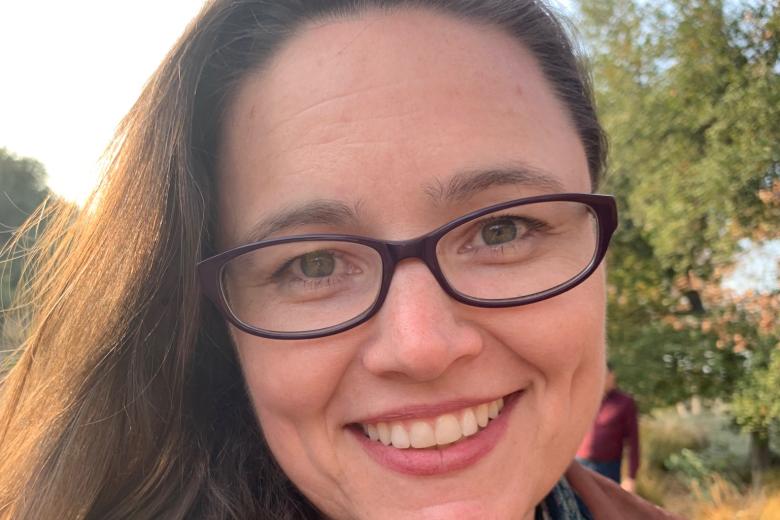Humanity as an integral part of Sustainability
Often, when people hear the word 'sustainability', they immediately think about a concept which tries to protect the environment. While the environmental factor is important in the understanding of sustainability, it is not limited to it. Rather, sustainability as it is understood in contemporary definitions, has three important aspects: The environmental, the social and the economic dimension. The concept of sustainable development is about finding strategies to improve or rethink existing structures in a way that addresses these three dimensions equally.
Ecosystems that benefit from the coronavirus
The global pandemic caused by the novel coronavirus SARS-COV-19 led to a lot of changes in our daily lives. While it would exceed the scope of this article to list all these shifts, I want to focus on a particular topic as well as the importance of putting it into the right context: How the natural world and some well-known ecosystems benefit from a decrease in human interference and activities in them due to the coronavirus.
By now, most of us have heard some of these mesmerizing stories like the sudden clearing of water in Venice’s canals or the reappearance of dolphins in Italian bays due to the total drop in tourism. Or the stories of Chinese kids who see the blue sky for the first time in their lives due to the fact that factories closed down and traffic decreased dramatically in big cities, leading to the almost complete disappearance of otherwise omnipresent smog. I could go on and on to list even more examples of recovering natural habitats.

Eco-facism is not the solution
Don’t get me wrong: I don’t want to deny that these developments improve the situation of local ecosystems, and that lower levels of air and water pollution are a positive effect of this crisis. However, I am extremely bothered by how some people romanticize the coronavirus as 'the saviour' for our planet, freeing mother nature from 'the human disease' or the declaration that humans are 'the real virus'. Not only am I bothered, but think that this rhetoric is highly problematic, since it aligns with eco-fascism. Eco-fascism describes the theory that humans should sacrifice their own interests and needs for to the sake of nature – this often goes hand in hand with the idea that the world suffers from overpopulation. This way of thinking is wrong for multiple reasons.
Marginalising the fact that people are dying in this crisis does not do any good and often targets the people who are most vulnerable and at highest risk to suffer from the virus – groups of people who don’t have a home or live in extreme poverty, for example. The belief that 'overpopulation' is the reason for the destruction of ecosystems is simply not right and doesn’t reach the core of the problem. True, more people can cause more harm. But then, shouldn’t we talk about reducing harm in the first place? This can only be achieved if we fundamentally change the way our economies are organised. Away from polluting industries, our dependency of oil, which is responsible for global warming and the exploitative behaviour towards nature and humans.
Even though the social pillar often is the least addressed pillar among the three pillars of sustainability, it is crucial to involve it into considerations about sustainability. We need to pay more attention to the social aspects of what we consider sustainable development. And humanity should be seen as an integral part of it.
Also read
-
Alum provides financial and employability support for young students
From the very first day of their master’s programme, SBE students Can Temiz and Mamadou Jabbie have had both feet planted firmly in the professional field. They are supported by scholarships from LKPU, a boutique German firm specialised in management consultancy. They receive mentoring and support...

-
Riding the waves of change: From a summer vacation to a life that feels as good as it looks
For SBE alumna Victoria Gonsior, one spontaneous decision: trying surfing sparked a journey of self-discovery, leading her to redefine success, embrace joy, and build a career that aligns deeply with her values. From quiet beaches in Sierra Leone to coaching sessions rooted in purpose, Victoria...
-
AI's moral architects: neither demi-gods nor code monkeys
Who’s to blame if AI goes wrong? And who’s responsible for it not having a negative impact in the first place? In her PhD thesis, "A Showing of Hands: Making Visible the Ethical Agency of AI Developers", Tricia Griffin looks at the people behind the technology and the clichés. She argues that we...
